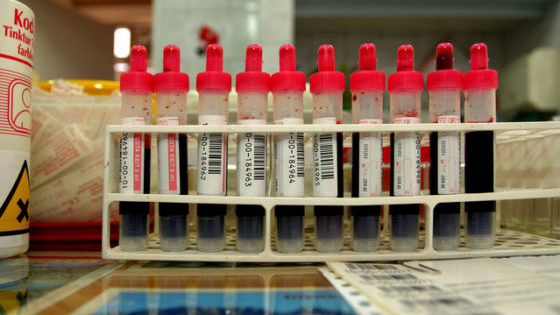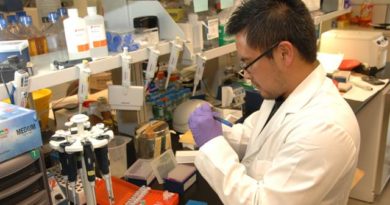Phlebotomy Career
Over the past few years the field of phlebotomy has seen a tremendous rate of growth. This growth has been driven by several factors including increased demand for phlebotomy services, continued micro-specialization in the medical arena, and the relative ease of becoming a certified phlebotomist.
Demand for tests, both medical and non-medical, that involve blood being drawn continues to grow and, of course, is fuelling the need for more trained and certified phlebotomists. All these factors are important to consider if you are thinking in a phlebotomy career.

Phlebotomy Job Outlook
The good news for those who might just be beginning to consider a career in phlebotomy is that the growth is expected to continue. It is projected to maintain the steady growth rate of the past several years for certified phlebotomists for the next years. In fact, phlebotomy is expected to grow at stable pace on through the year 2024, possibly as much as 25%, according to the U.S. Bureau of Labor Statistics and other industry analysts.
Job growth is also expected to be consistent across several venues including hospitals, clinics, laboratories, and doctor’s offices. Doctor’s offices may see somewhat of a faster rate of growth than the other areas as many doctors move toward providing their own blood-draw services instead of sending the patient out to a lab.
This is an area that we may see develop into an industry trend as more and more physicians search for new and additional revenue streams. Local and regional blood banks also provide job opportunities in this occupational area.

Phlebotomy Salary Range
Salaries in the field of phlebotomy are also holding steady. According to the U.S. Bureau of Labor Statistics a median salary for certified phlebotomists is about $32,710.
As well, according to the American Society for Clinical Pathology (ASCP) a certified phlebotomist can often achieve a starting wage of over $14.00 per hour in some parts of the country. Those figures represent a more than decent salary for a profession that does not even require a two-year degree.
It is easy to begin a career in Phlebotomy
The phlebotomy field remains one of the easiest areas of allied healthcare in which to begin a career. The training can be achieved very quickly, sometimes in as little as six weeks. Most other health related occupations require at least two years of study as well as clinicals.
There are several agencies and industry organizations that provide certification. Such certification can not only help to find gainful employment but can also serve as a foundation upon which to build in an effort to advance further into the medical profession.
What You Should Read Next:
- Want to know more about phlebotomy salaries?
- Learn how to become a phlebotomist, step by step
- Explore phlebotomy resources




